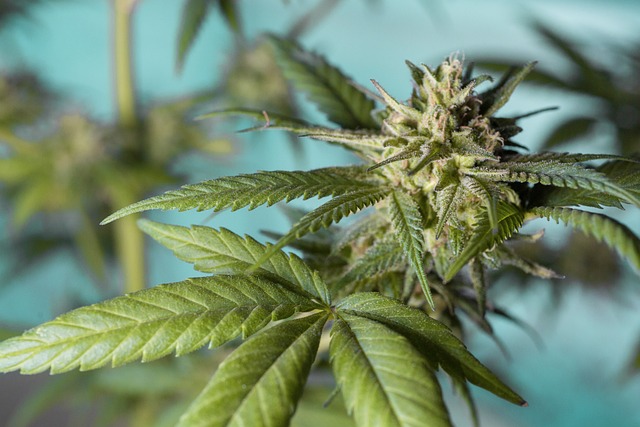2023 marked a significant milestone for THCA (tetrahydrocannabinolic acid), with Alabama legalizing its use as a non-psychoactive cannabinoid for individuals with qualifying medical conditions. This legislative change allows residents to access THCA's potential health benefits, including pain management and anti-inflammatory properties, without the mind-altering effects of THC. The state has set clear guidelines, capping THC content at 0.3% on a dry weight basis, aligning with the 2018 Farm Bill. Consumers must possess a valid medical marijuana card and purchase from licensed dispensaries or cultivators approved by the Alabama Medical Cannabis Commission (AMCC) to comply with state laws. Cultivation of THCA flowers is permissible under the Alabama Compassionate Use Act for registered patients and caregivers, adhering strictly to state regulations. This development in Alabama's cannabis landscape underscores the importance of understanding the distinct differences between THCA and delta-9 THC for informed consumption choices. THCA's legal status in Alabama opens a new chapter for medical marijuana users, emphasizing the need for continued education on cannabinoids and their benefits.
2023 heralds a new era for Alabamians with the emergence of THCA flowers as a prominent wellness option, post-legalization. This article delves into the burgeoning presence of these non-psychoactive blooms, offering insights on their myriad benefits and how to engage with them legally within the state. From understanding the nuanced differences between THCA and Delta-9 THC to learning about the local market’s availability and accessibility, this guide aims to demystify the cannabinoid landscape for residents curious about the legal status and practical applications of THCA flowers in Alabama. Whether you’re considering a purchase or exploring cultivation, the comprehensive overview provided here will equip you with the knowledge necessary to navigate this new frontier responsibly and safely.
- THCA Flower Benefits for Alabamians Post-Legalization
- Understanding Delta-9 THC vs. THCA: What Alabama Residents Should Know
- The Rise of THCA Flowers in Alabama's Market: Availability and Accessibility
- How to Legally Purchase THCA Flowers in Alabama
- Cultivating Your Own THCA Flowers in Alabama: A Legal Guide for Growers
- The Effects of THCA vs. Delta-9 THC: What to Expect
THCA Flower Benefits for Alabamians Post-Legalization
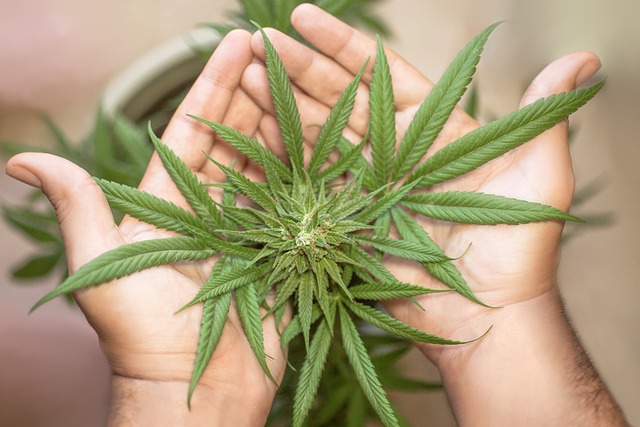
Following the legalization of THCA flower in Alabama, residents have access to a variety of potential benefits from this non-psychoactive cannabinoid. THCA, or Tetrahydrocannabinolic Acid, is the raw form of THC and is known for its therapeutic properties without the intoxicating effects associated with THC. Alabamians can explore these benefits as they look to natural remedies for pain relief, inflammation reduction, and as a potential antiemetic agent. Studies suggest that THCA may offer neuroprotective and anti-anxiety effects, making it an appealing option for those seeking alternative wellness solutions. With the legal status of THCA flower clarified under Alabama’s cannabis laws, consumers can now confidently include this compound in their health regimen, knowing that it is compliant with state regulations. The potential therapeutic applications of THCA are vast and promising, offering a new dimension of wellness for residents to explore post-legalization.
Understanding Delta-9 THC vs. THCA: What Alabama Residents Should Know
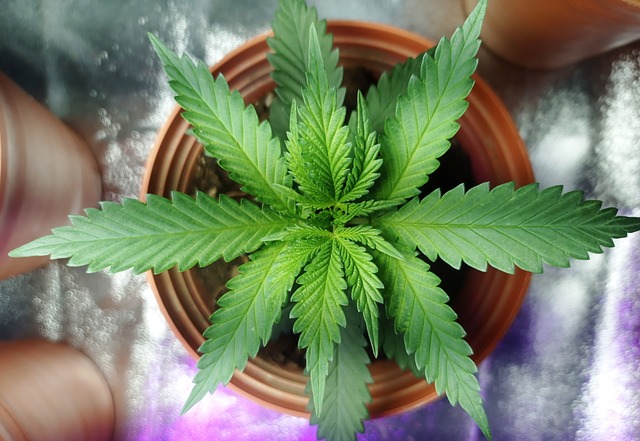
Delta-9 Tetrahydrocannabinol (THC) and Tetrahydrocannabinolic Acid (THCA) are two distinct compounds found in cannabis that have different effects and legal statuses, particularly in Alabama. THCA is the non-psychoactive precursor to Delta-9 THC, which is the primary compound responsible for the ‘high’ associated with cannabis. In Alabama, where laws regarding cannabis derivatives are evolving, it’s crucial for residents to understand the distinctions between these compounds due to their varying legalities. As of the knowledge cutoff in 2023, THCA is legally recognized under Alabama’s medical marijuana program, provided it contains less than 0.3% Delta-9 THC by dry weight. This distinction is significant because THCA, often found in raw cannabis or hemp flowers, offers potential health benefits without the psychoactive effects. Alabama residents interested in exploring the benefits of these compounds should be aware of the state’s specific regulations and limitations, ensuring they comply with the legal thresholds set forth by state law. Understanding the nuances between THCA and Delta-9 THC is essential for anyone in Alabama who wishes to engage with these compounds responsibly and legally within the context of the state’s evolving cannabis landscape.
The Rise of THCA Flowers in Alabama's Market: Availability and Accessibility
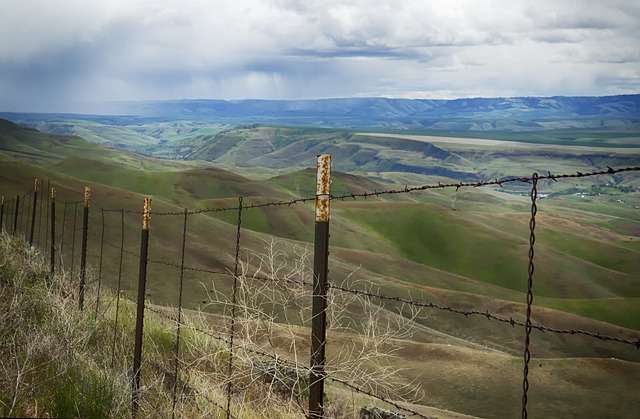
2023 has seen a significant surge in the availability and accessibility of THCA flower tips in Alabama, following the state’s legislation that made certain forms of cannabis legal. This shift has opened new avenues for consumers seeking the potential wellness benefits of raw cannabinoids without the psychoactive effects associated with THC. Unlike its psychoactive counterpart, THCA is non-intoxicating and is revered for its therapeutic properties. Retailers across Alabama are now actively stocking these products, catering to a growing demand that reflects a more progressive attitude towards cannabis. The ease of access has been a game-changer, allowing individuals to purchase THCA flowers legally, provided they comply with state regulations and possess a qualifying medical condition. This legal clarity has not only streamlined the market but has also paved the way for consumers in Alabama to explore and benefit from the potential wellness applications of THCA, contributing to its increasing popularity within the state. As awareness grows, so does the range of high-quality, lab-tested THCA flower options available to discerning users looking for natural alternatives to manage their health and well-being.
How to Legally Purchase THCA Flowers in Alabama
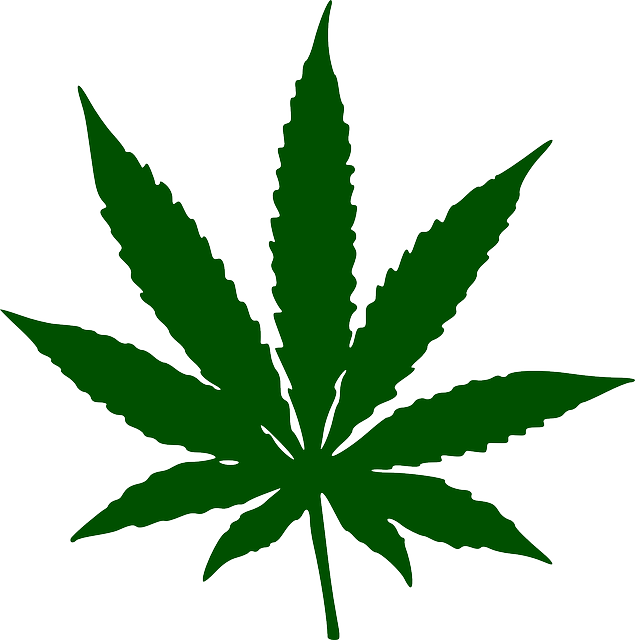
In the wake of evolving cannabis legislation, enthusiasts and consumers in Alabama have been exploring the potential benefits of THCA, or tetrahydrocannabinolic acid, a non-psychoactive precursor to THC found in raw cannabis flowers. As of the latest updates, possessing and purchasing THCA-rich flowers are legal under specific conditions set forth by Alabama’s Cannabidiol Study Bill. Consumers interested in legally acquiring THCA flowers in Alabama should prioritize reputable sources that comply with state laws. It is imperative to purchase from licensed dispensaries or cultivators who operate within the guidelines of the Alabama Medical Cannabis Commission (AMCC). These establishments provide assurance that the products are tested for purity and potency, adhering to stringent quality control measures. Patrons must possess a valid medical marijuana card issued by Alabama for conditions approved under state law to legally purchase THCA flowers. Engaging with local dispensaries or licensed providers is the most straightforward approach to ensure legal compliance while accessing these products.
For those seeking to procure THCA flowers in Alabama, understanding the nuances of state law and staying updated on legislative changes is crucial. The state’s regulatory framework allows for the sale and purchase of cannabis products that contain no more than 0.3% THC on a dry weight basis, provided they are obtained from a licensed provider. Consumers must adhere to these restrictions to avoid legal repercussions. Additionally, it is advisable to familiarize oneself with local ordinances, as some municipalities within Alabama may have their own regulations regarding cannabis products. By staying informed and conducting transactions through authorized channels, residents of Alabama can safely and legally enjoy THCA flowers for their potential wellness properties.
Cultivating Your Own THCA Flowers in Alabama: A Legal Guide for Growers

In recent years, the cultivation of THCA flowers has garnered significant attention due to their non-psychoactive properties and therapeutic potential. For those in Alabama interested in cultivating their own THCA flowers, it’s crucial to stay informed about the state’s legal landscape. As of the knowledge cutoff date in 2023, possessing, purchasing, or growing cannabis with higher than 0.3% THC is illegal under federal law and Alabama state law. However, Alabama’s Compassionate Use Act allows for the cultivation of cannabis for medical purposes under certain conditions. To legally cultivate THCA flowers in Alabama for medical use, one must be registered with the Alabama Department of Public Health as a qualified patient or caregiver. Registered patients are allowed to possess and grow a 90-day supply of cannabis, which includes THCA flower, as per the state’s regulations. It’s essential to adhere strictly to these guidelines to avoid legal complications.
For those looking to legally cultivate THCA flowers in Alabama for medical purposes, it’s advisable to start with a secure and discreet setup. This ensures compliance with state laws and maintains the well-being of patients who rely on these flowers for their health. When planning your garden, consider factors such as soil quality, light exposure, and temperature control to optimize your THCA flower yield. Additionally, staying updated on any changes to Alabama’s medical cannabis program is key, as laws can evolve over time. Always prioritize following the guidelines set forth by both state and local regulations to ensure a lawful cultivation experience.
The Effects of THCA vs. Delta-9 THC: What to Expect
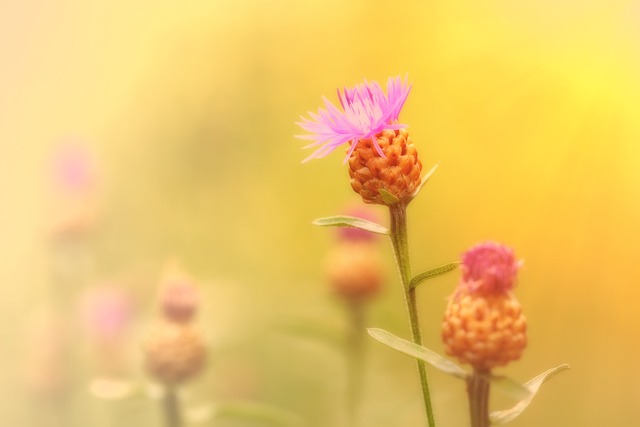
Cannabidiolic acid (CBDa) and tetrahydrocannabinolic acid (THCA) are both naturally occurring compounds found in cannabis plants. THCA is the raw, non-psychoactive form of delta-9 tetrahydrocannabinol (THC), which becomes psychoactive after being exposed to heat through processes like smoking or vaporizing. As of the knowledge cutoff in 2023, THCA is legal in Alabama under certain conditions; it must contain no more than 0.3% delta-9 THC on a dry weight basis, as per the 2018 Farm Bill.
THCA and delta-9 THC have distinct effects due to their different interactions with the body’s endocannabinoid system. THCA is known for its potential anti-inflammatory, pain-relieving, and neuroprotective properties without the psychoactive ‘high’ associated with delta-9 THC. Users reportedly experience a clear-headed state of relaxation and stress relief when consuming products rich in THCA. In contrast, delta-9 THC induces psychoactive effects such as euphoria, altered perception, and relaxation, which are often sought after for recreational or medicinal purposes. It’s important to understand these differences to make informed decisions about cannabis consumption based on the desired effects and legal status in your area, like Alabama.
Following the recent legalization of THCA flower tips in Alabama, a growing body of Alabamians are exploring the unique benefits this cannabinoid offers. This article has demystified the differences between THCA and Delta-9 THC, guiding readers through the legal procurement of THCA flowers, their cultivation, and the distinct effects one can expect. As the market continues to expand with products that are THCA legal in Alabama, consumers are encouraged to make informed decisions based on this newfound knowledge. With clear guidelines for purchasing and growing THCA flowers, and an understanding of their potential effects, residents of Alabama can confidently engage with these products as part of a responsible wellness routine.
